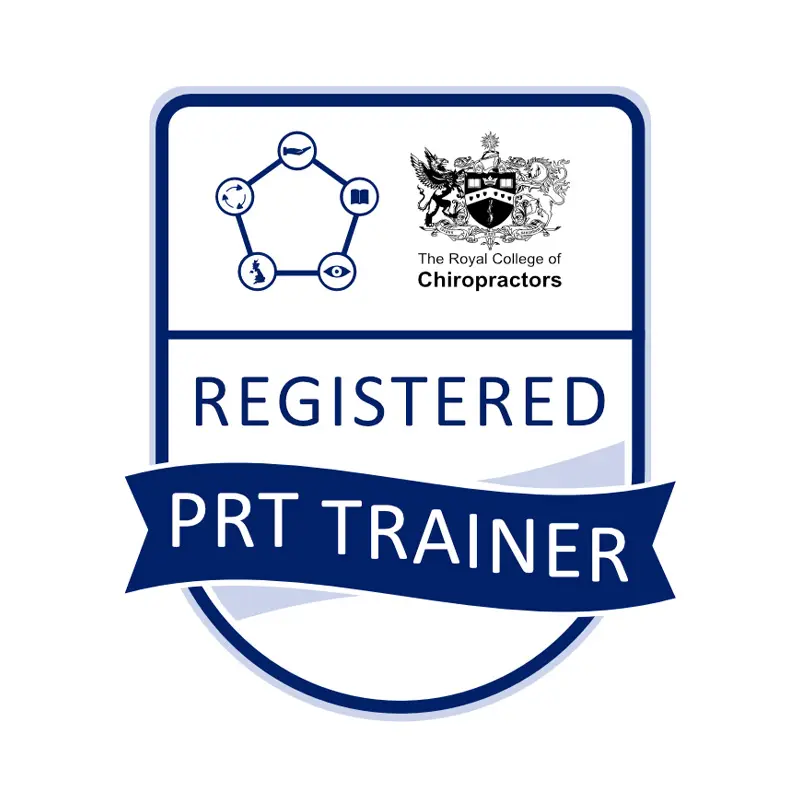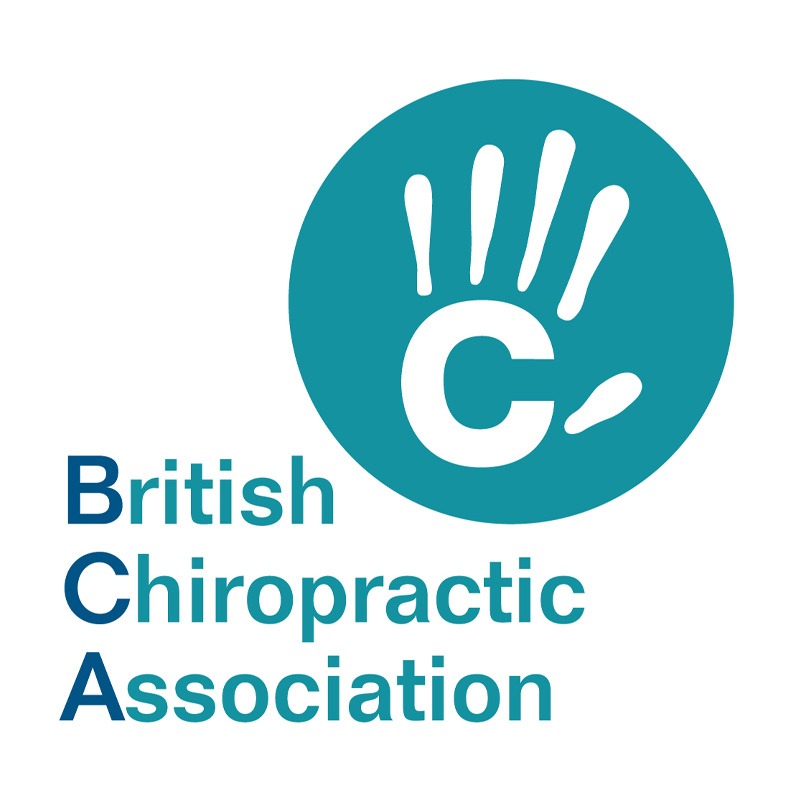Have you ever wondered why some moments in our lives are so stressful, and why we feel so exhausted afterwards? The answer lies in the human body.
Our bodies are designed for survival and, for the most part, they do a great job!
A big part of our physical energy goes into constantly monitoring our surroundings, checking for potential danger. When we operate with routines and inside of our comfort zones, this energy runs in the background and at a predictable level. You are probably not even aware of it. However, when we step out of our comfort zone, the level of energy used to monitor our surrounding goes up. Checking the potential dangers and providing the energy to fight or flight. Just In Case. Make sense?
Now we understand that, let’s consider our reaction to it…
Love it! The joy of being alive.
When we are on holiday, we are excited and the energy is pleasant. We want to see and hear more than when we are at home, food tastes amazing and our endurance to walk all day long sightseeing seems boundless. Similarly, when we are in love, the energy gives us butterflies and we don’t need to eat or sleep for days.
In other situations, the same energy is far less welcome. When we walk on stage to talk in front of an audience; our knees may go soft, we will sweat and our voice may sound funny. This is all just a side effect of a great survival mechanism and is the same energy that makes us enjoy our holiday and seeing the world all pink when we are in love. But, no one wants to look nervous or inexperienced and we’d much rather appear confident, assertive and cool. This requires a great deal of energy especially because we are then activating a parallel, and potentially competing, survival mechanism. One produces energy, the other one needs energy to hold against it. This is how well our body serves us; it will try to achieve two very different purposes at the same time, i.e. providing energy ready to fight or flight and looking good at the same time. Sounds like a waste of energy?
Consider this:
Just hate it – do you remember?
We are even able to stack a third survival mechanism on top of the first two; body memory. Whether we are conscious of a certain event of not, the memory of it will be imprinted somewhere in our body. And our body will remember very well different occasions when the level of energy to fight or flight was high and something bad happens to us. We were all excited to be in the school play and forgot our line. THAT look from our teacher and our parents, THAT embarrassment felt as if we would die there and then. As adults, we know that one does not die on the spot of receiving THAT look or of embarrassment. However, the memory of that moment is imprinted in our bodies and back then, it felt as if we needed to protect ourselves from instant death. And as it worked back then – we are still alive – the body will reproduce that same protection, even if it is not exactly appropriate any more. As adults, we have been through worse than embarrassment. But we still bring up the protection mechanisms of a five year old, literally. We hold tension in our body, we get confused, we get emotional, we try to please. It is quite energy intensive for an adult body to return as if it were a five year old. And if it wasn’t bad enough that we feel like being back at primary school again, the energy provided by the body for fight or flight, just in case, does certainly not feel like butterflies in this situation, that’s for sure. And as it is not socially acceptable to behave like a five year old, the second survival mechanism has now even more to do… But we don’t even need to go that far, it is already complicated enough.
So this is a worst case scenario that can happen when we operate outside of our routines and comfort zones: we are running three different survival mechanisms at the same time. One is providing energy, the other two require energy. And the more energy the first one provides, the more energy the other two require. Amazing creatures that we are! No wonder we feel exhausted from time to time… And stressed from just holding up too many (contradicting) survival mechanisms.
But I know that! – Are we screwed?
Now you might have figured out all of that before. Or something along these lines. And still you get stressed and exhausted when you operate outside your routines or comfort zones. Why is that? Should it not stop once you understand it? Remember, our bodies are designed for survival. Trying to stop survival mechanisms by understanding them is like trying to think yourself out of the natural reflex of swimming while drowning. If a survival mechanism does’t serve you in a particular situation and you want to change the way it kicks in, you need to practice until your body has learned that it will not “die”!
Make it all work for you!
Let’s look at it pragmatically: if we have a goal in life, if we aspire to implement change, we will face situations that are outside of routines and comfort zones to some extend. The more we can stretch our boundaries, the faster we can progress. The more we will get our survival mechanisms going. Which we most of the time do not particularly like because they make us feel any degree from uncomfortable to potentially dying on the spot. Again, so far, so simple.
But what if we could get used to the energy our body provides to fight or flight just in case without having to put the other two survival mechanisms up? Not only would we have the energy to fight or flight available, but we would also save energy by not running the other two. In total, we have even more energy available. Sounds too good to be true?
Try this:
Pick a situation where you know you are going to be slightly anxious because it is outside of your comfort zone. For instance before presenting a new project to your colleagues. In a secure environment (in a room on your own without disturbance) sit comfortably in a chair and close your eyes. Feel how the nervousness or anxiety (it’s energy provided to fight or flight, just in case, remember?) feels in your body. It might not feel as nice as butterflies at this moment, but somehow similar. Once you have identified it, feel how the other two survival mechanisms appear in your body. Where do you make effort (effort being the energy invested) to look good, show that you are not nervous in the slightest and totally in control of the situation? And where do you feel like a five year old protecting themselves from instant death? You don’t have to put words on how it feels, just experience it in your body. Once you have identified the physical experience that you need to invest energy into, honour it. There is good intentions behind it, it has kept you alive and it did it’s job well. You would just like to use your energy in a different way. For a moment, you can intensify the effort in your body in order to become even more aware of it. Then let go of it. Take a few deep breaths as oxygen is energy provided for free. And feel the level of energy in your body now. With your breathing, make space for it so that you can feel the energy from the top of your head to the tip of your toes. Feel how it is to have this level of energy without having to put the two energy consuming survival mechanisms up. Let your body get used to it. Then do what it was that made you slightly anxious and keep you energy level high. Who knows how it might be useful to you? To be sharp when presenting? To be awake and reactive to potential questions? To be inspired after presenting…. You tell me!
Like it? – get more of it!
You can practice having more of the butterflies-like energy in your every-day life. If you make it it a subtle and fun way you can even fly under the radar of the energy consuming survival mechanisms and thus stretch your comfort zones in a enjoyable way. Take another route to work. Operate your computer mouse with the other hand. Go to a different supermarket. If you always put on your right shoe first, start with the left one. Feel the slightly higher energy level in your body and take a few deep breaths. What’s next for you??



